
Stocks stumbled on Monday with the VN-Index falling below 1,100 point mark as investors’ optimism petered out amid strong selling forces.

Accordingly, the ceiling retail price of RON95 bio-fuel decreased by VNĐ1,140 to VNĐ21,440 (US$0.9 ) per litre, and that of E5 RON92 slipped by VNĐ1,050 to VNĐ20,730 per litre, bringing the level down to that seen in September 2021.

Agriculture and agri-tourism are key to the development of the Mekong Delta, experts have said.

The VBA is established at a time when the two countries are celebrating their five-year bilateral comprehensive partnership and heading to the 50th anniversary of their diplomatic ties in 2023.

With the flexible flying time from October 10, 2022 until September 18, 2023, passengers fly with Vietjet can easily to make plans for their vacations, business trips or visiting relatives at economical costs, Vietjet said in a statement.

Korea’s digital transformation policy and implications for Việt Nam, Việt Nam’s digital banking transformation policy, the importance of credit information system in digital transformation, the leap towards digitisation and the recent trend of digital banking and payments in Asia were discussed at a symposium in Hà Nội last week.

Businesses have faced difficulties in access to capital and commercial banks want to be able to lend freely to meet market demand. However, experts said the imposition of the credit growth cap is still necessary to keep the country’s macro economy stable in the short run.

By 2023, FPT Semiconductor plans to supply 25 million chips globally in seven types to meet diverse needs in telecommunications, IoT, automotive technology, energy, electronics, and others.

Mrs. Luu Thi Thao, VPBank’s Standing Deputy CEO, shared with the Asian Business Leadership Forum (ABLF) the bank's efforts in building its Environmental, Social, and Governance (ESG) scheme.

Analysts said that in the current environment, financial markets will be very likely to continue revaluing.

Brand Finance has determined brand strength by assessing marketing investment, stakeholder equity and business performance.

By the end of this year, oil and gas, transportation, insurance, retail, and hydropower sectors will see positive signals, while the banking and real estate sectors are not ideal options for short-term investment, said experts from DNSE Securities Company.

The Ministry of Construction (MoC) has proposed that real estate projects must sell their products on real estate trading floors, according to the draft amending the Law on Real Estate Business.

Over 90 per cent of internet users in Việt Nam engage in online shopping, turning e-commerce into a money spinner. However, the sector's fast growth goes with higher tax evasion, exposing the need for better tax policy to prevent tax loss.

Denmark is now one of the biggest European investors in Việt Nam.

The prices of anaesthetics have increased due to supply disruptions, said insiders at some hospitals and dental clinics.

Logistics remain a key factor in Việt Nam's ability to capitalise on the benefits of the EU–Vietnam Free Trade Agreement (EVFTA), said experts and policymakers.

The social impact business (SIB) model aims to minimise environmental and social damage through balancing the 3P pillars – Profit, People and Planet.

Asian Financial Forum in Hong Kong spotlights golden opportunities

ONYX Hospitality Group Signs Agreement to Manage Shama Hub Ladprao

Vinfast and Autobrains announce Strategic Partnership on Developing Autonomous Driving Technology and Affordable Robo-Car

Hong Kong Techathon+ 10th Anniversary Finale and Inaugural Global University Innovation Network (GUIN) Forum Successfully Held

UABBHK 2025 Concludes with a Civic Performance in the Age of AI

Immuno Cure Kicks off Phase I Clinical Study of Therapeutic DNA Vaccine for HIV in Hong Kong

SMU Launches Resilient Workforces Institute to Strengthen Singapore’s Workforce in the Age of AI

AsiaPac and AsiaPay Forge Strategic Partnership to Launch a Unified "Marketing-plus-Payment" Growth Engine for Asia

Southco Expands Southeast Asia Footprint With Chon Buri Facility Opening

ST Telemedia Global Data Centres Launches Southeast Asia’s First HVDC-Powered AI Infrastructure Testbed
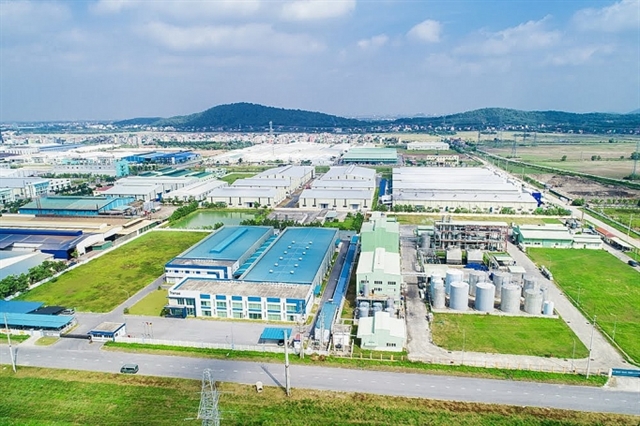




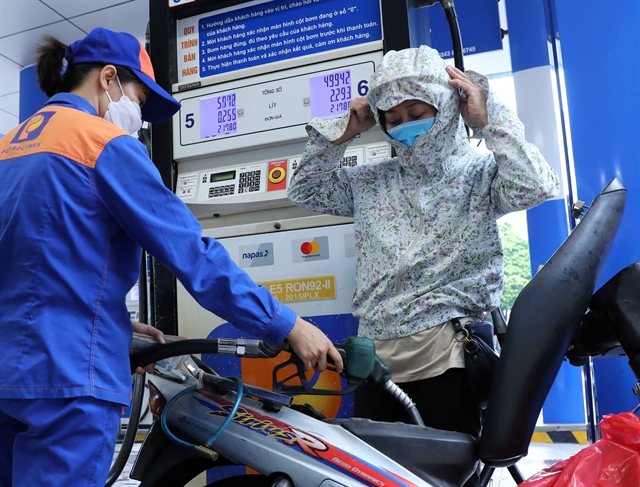








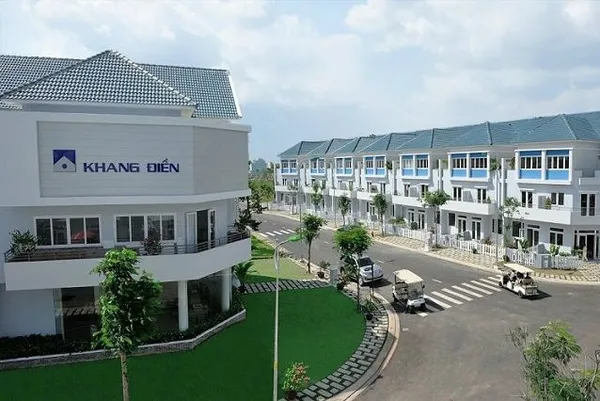
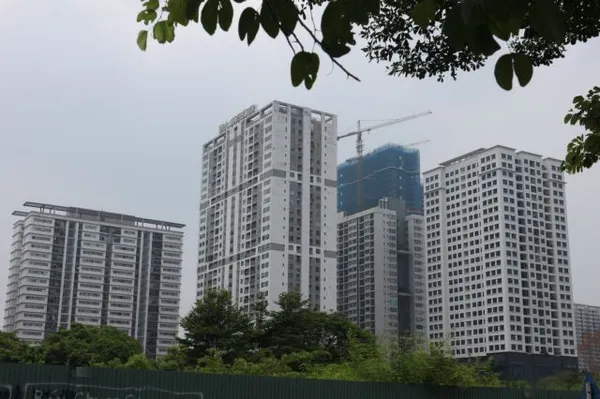
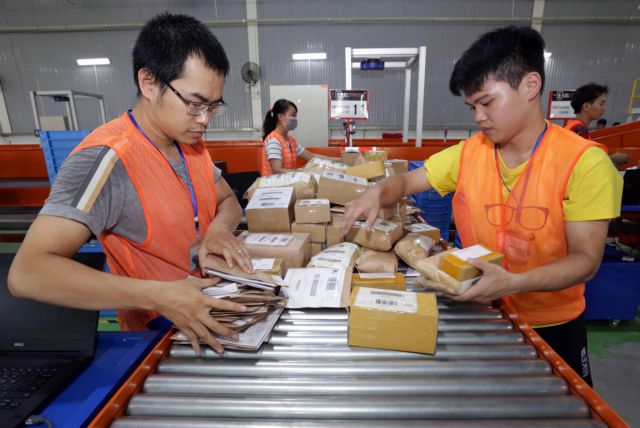


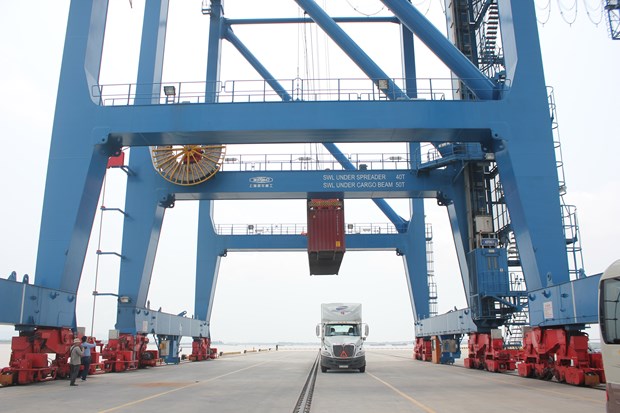
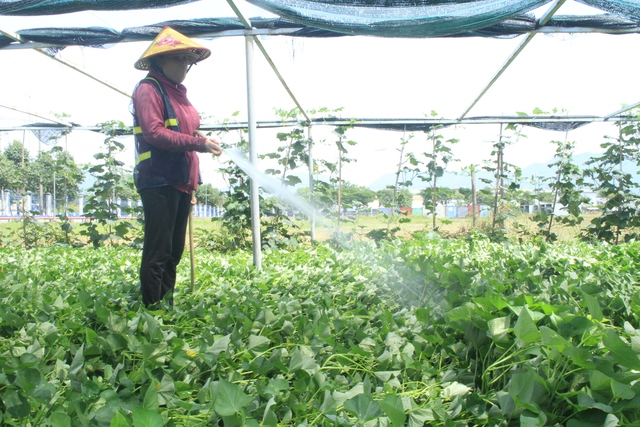





.jpg
Hong Kong & Shenzhen Bi-City Biennale of Urbanism\ Architecture(UABB))


, CEO of AsiaPac, and Mr. Joseph Chan (right), CEO of AsiaPay, at the MOU signing ceremony.)









